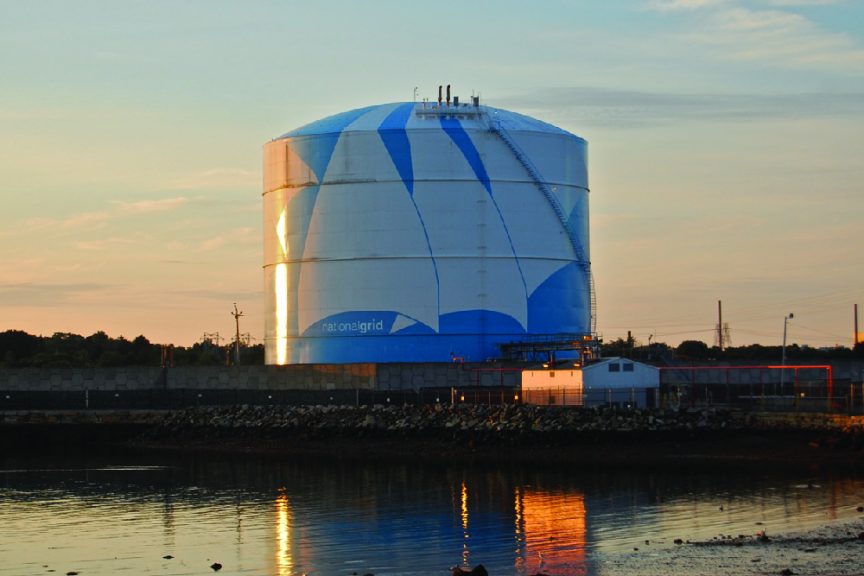Natural gas is critical to the global energy market. We took a moment to explain how it works in terms that anybody can understand.
You likely use natural gas every day. What you might not know is just how it works. How is natural different from gases like propane? Why does it have a distinct odor? Since natural gas can produce heat, does it also rise?
As it turns out, the answers to these seemingly complex questions are fairly straightforward. We took the opportunity to answer them below — and explore how you can use that knowledge in your day-to-day life.
Rising Above the Rest
The short answer? Yes, natural gas does rise.
The longer answer is that it rises because of its composition. Natural gas is primarily composed of methane, a colorless and nearly odorless gas that’s lighter than air. As a result, it will gradually displace oxygenated air from the top down if enough of it is released in a confined space. In contrast, liquefied petroleum gases like propane are heavier than air, causing them to sink.
What Does This Mean?
Because natural gas displaces oxygenated air, it can pose a serious hazard if its unwelcome presence isn’t promptly addressed. That’s why it’s essential to take action as soon as you notice a leak in your home or building.
If you smell gas or hear a hissing sound, open all your windows and doors so that the gas isn’t trapped inside the building. Until the leak has been resolved, avoid turning on any electrical devices, such as televisions, computers, and convection ovens. If your home has an electrically powered door or gate, open or close it manually until you’ve stopped the leak.
Since natural gas is highly flammable, extinguish any flames and any potential sources of ignition from the room or building. This means no candles, lighters, stoves, or anything that involves fire, which includes smoking, striking matches, or anything of the sort. Once you’ve done so, call your utility company and report the issue.
While natural gas is nearly odorless in its vaporous state, most utility companies infuse it with an odor similar to the scent of rotten eggs to help users detect it. Nevertheless, it’s best to install a gas and smoke detector in your kitchen to ensure complete protection against leaks. If necessary, your utility company can also use specialized equipment to identify leaks.
Improving Conditions for Natural Gas Producers
Of course, natural gas producers should also take some precautions on their worksites to ensure the safety of their workers and infrastructure. A proven dust control program can do just that, strengthening critical access roads and minimizing fugitive dust emissions.
With over four decades of experience in the energy industry, Midwest Industrial Supply, Inc. works closely with producers to develop turn-key application programs that boost operational efficiency and reduce maintenance costs while ensuring compliance with environmental regulations.
Backed by our patented dust control technologies, our products form a sturdy and impenetrable surface that resists wind and rain while capturing dust and other particles. Non-toxic and non-corrosive, they’re manufactured under the strictest quality control standards and independently tested for performance.
Regardless of your company’s needs, Midwest can work with you to develop a customized application plan or managed service program that prolongs the working life of your access roads.

